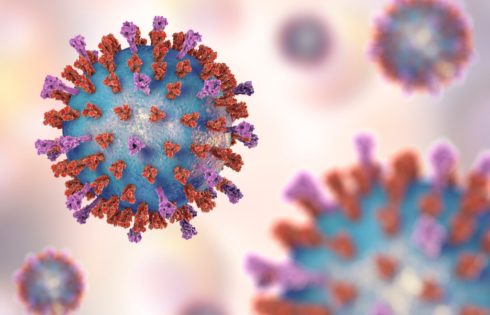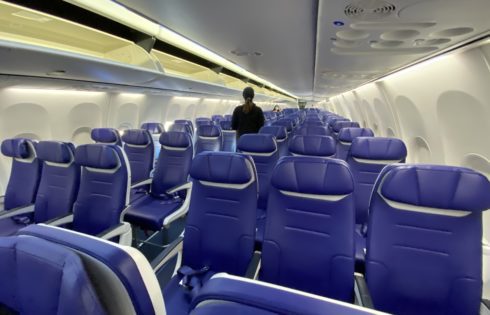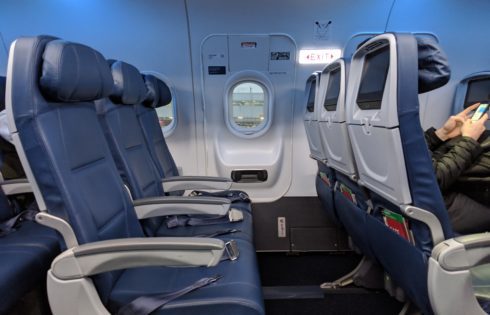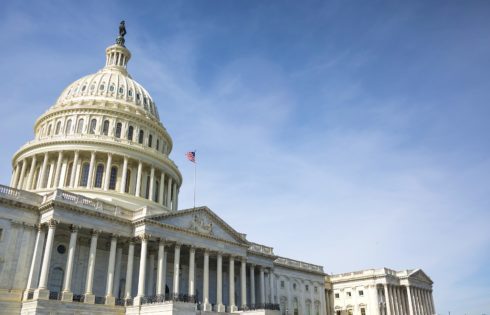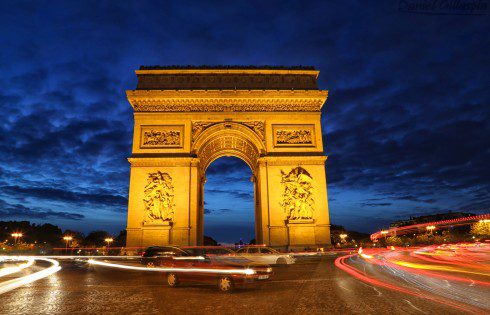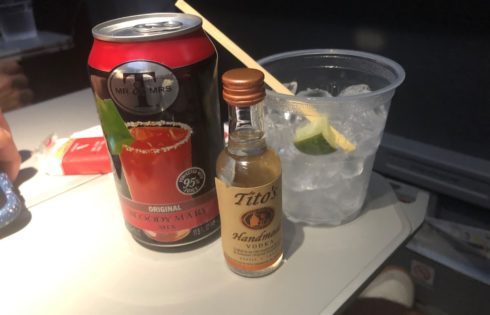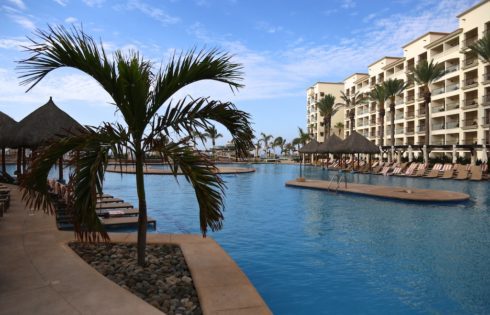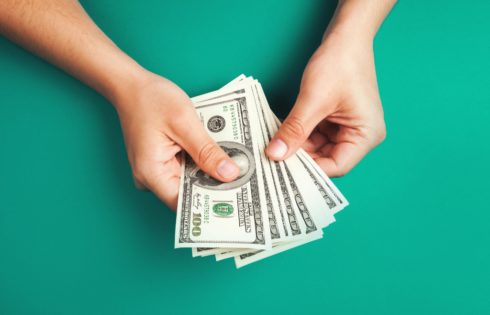
Stimulus bill could pass if Trump “wants” to approve per Pelosi
We have some more encouraging news stemming from the stimulus package negotiations. Apparently, progress continues to be made. “The biggest step forward… in the negotiations is, I think they’re about

